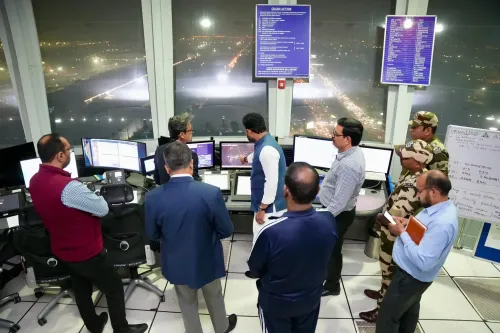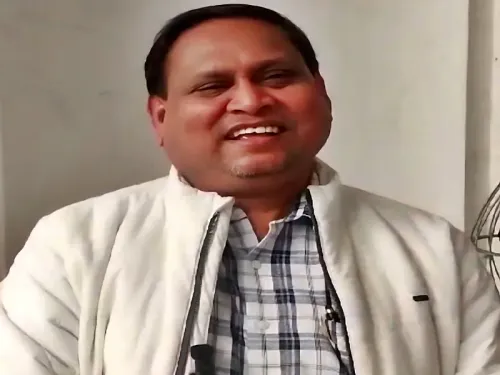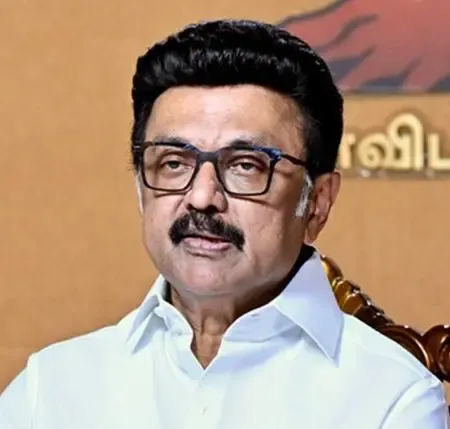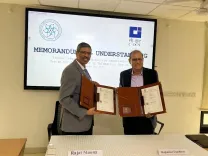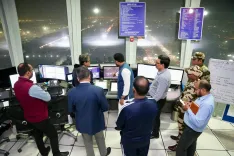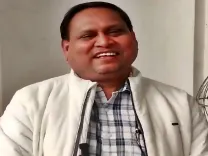Why Did Amit Malviya Criticize Former CEC Quraishi for Calling Nepal's Unrest a ‘Vibrant Democracy’?

Synopsis
Key Takeaways
- Amit Malviya questions S.Y. Quraishi's comments on Nepal's unrest.
- Malviya's criticism highlights accountability in electoral processes.
- Quraishi's past actions raise concerns about electoral integrity.
- The appointment system for Election Commissioners has changed.
- Diverse perspectives in democracy must be subject to accountability.
New Delhi, Sep 16 (NationPress) BJP IT cell chief Amit Malviya has criticized former Chief Election Commissioner (CEC) S.Y. Quraishi for labeling the unrest in Nepal as a representation of a “vibrant democracy” instead of recognizing it as anarchy. “Truly astonishing! Former CEC S.Y. Quraishi characterizes the recent events in Nepal as indicative of ‘vibrant democracy’ -- rather than anarchy. But considering his history, this reckless statement is not surprising,” Malviya expressed on X on Tuesday.
The BJP leader posted two videos on his platform -- one depicting the situation in Nepal and another focusing on electoral reforms.
Malviya accused Quraishi of facilitating an MoU between the Election Commission of India and the International Foundation for Electoral Systems (IFES), which he claims is associated with George Soros’ Open Society Foundation, known for its ties to the Congress party and the Gandhis.
He further stated that Quraishi himself acknowledged that a “big leader” had expressed dissatisfaction after the 2007 UP Assembly elections, stating: “You did not allow our bogus voters to vote.”
“During that time, Quraishi was an Election Commissioner, and the Samajwadi Party -- infamous for its Muslim appeasement politics -- was in power but faced defeat in the elections,” Malviya noted.
“If Quraishi was aware of this, why did he protect the leader all these years? Was the Samajwadi Party involved in vote manipulation? Who was this leader?” he questioned.
Malviya challenged why, despite serving as EC from 2006 to 2010 and later as CEC from 2010 to 2012, Quraishi never instituted a Special Intensive Revision (SIR) of voter lists. “It was his constitutional duty to take action!” he asserted.
He added that neither Quraishi nor his successors -- including Ashok Lavasa and O. P. Rawat -- initiated an SIR after 2003.
“Yet, these same individuals are now the media's favored critics of the current SIR,” Malviya remarked.
Additionally, Malviya contrasted the process of appointing Election Commissioners. “Previously, the Prime Minister solely appointed the CEC. Now, a three-member panel, including the Leader of the Opposition, makes the decision. The previous administration owed their positions entirely to the Congress structure, and it shows.”
“Diverse viewpoints are welcome,” Malviya stated, “but accountability must start with those who had the opportunity -- and did nothing.”

